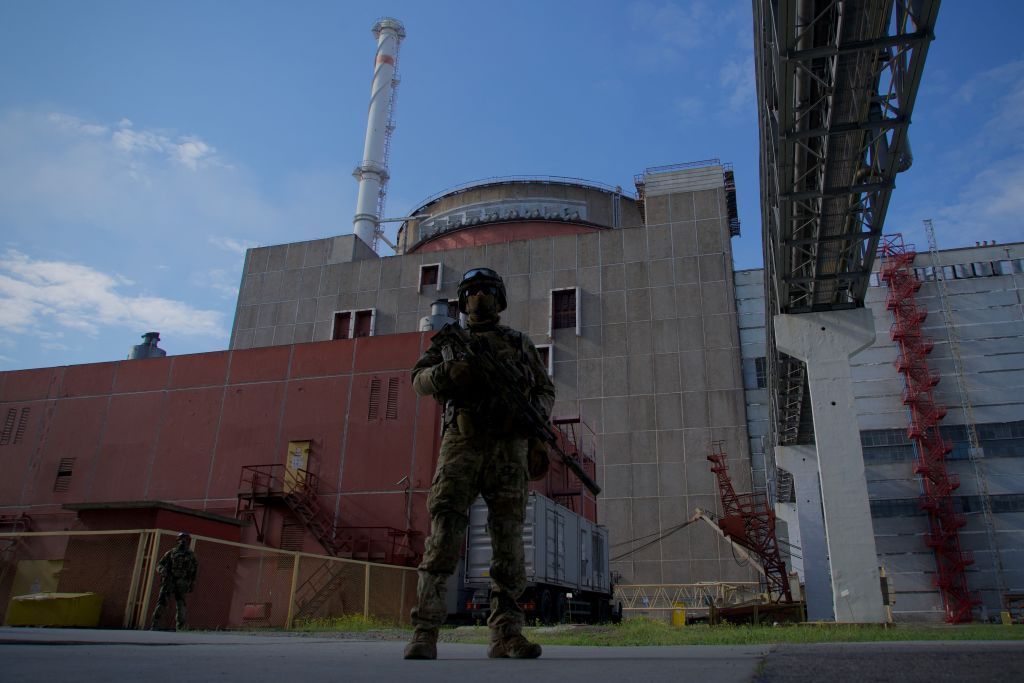The International Atomic Energy Agency announced that all six reactors at the Zaporizhzhia Nuclear Power Plant in Ukraine have reached a state of cold shutdown for the first time since October 2022. This development, which began early on Friday morning, is seen as enhancing the overall safety of the facility. A cold shutdown provides an extra safety buffer, allowing more time before nuclear fuel cooling might be compromised in the event of a nuclear accident. Despite this progress, the ZNPP has been a target of increased Russian attacks on Ukrainian critical infrastructure. In a recent incident on April 7, the plant reportedly suffered three direct strikes, raising concerns about the integrity of the reactor’s containment system.
The cold shutdown at the Zaporizhzhia Nuclear Power Plant has been praised for improving safety, but concerns have been raised about the overall precarious situation at the facility. The recent sharp deterioration of conditions at the plant has put nuclear safety and security at risk, despite the progress made with the cold shutdown. The end of the winter heating season in the nearby town of Eneehodar, where most plant staff reside, adds an additional layer of urgency to the situation. The Zaporizhzhia Nuclear Power Plant, the largest nuclear plant in Europe, has been under Russian occupation since March 2022, further complicating efforts to ensure the safety of the facility.
In addition to the challenges faced at the Zaporizhzhia Nuclear Power Plant, Russia’s recent attacks on Ukrainian energy infrastructure have caused further damage. DTEK, Ukraine’s largest private energy company, reported that two of its thermal power plants were damaged in Russia’s latest overnight mass attack. These attacks have highlighted the vulnerability of Ukraine’s energy infrastructure and the impact of ongoing hostilities on the country’s ability to provide essential services to its population. The targeting of energy facilities further underscores the need for international support and assistance to address the growing humanitarian crisis in Ukraine.
The conflict in Ukraine has raised concerns not only about the safety of nuclear facilities but also about the overall humanitarian situation in the country. With critical infrastructure being targeted and damaged, the ability of Ukrainians to access essential services such as electricity and heating is at risk. The international community has a role to play in supporting Ukraine and ensuring that efforts are made to address the growing humanitarian crisis. By supporting independent journalism and staying informed about the situation in Ukraine, individuals can make a difference and contribute to efforts to protect the safety and well-being of the Ukrainian people.
As the situation in Ukraine continues to evolve, it is crucial for the international community to stay engaged and support efforts to address the ongoing challenges faced by the country. The cold shutdown of reactors at the Zaporizhzhia Nuclear Power Plant represents a step in the right direction for improving safety, but more needs to be done to address the broader security and humanitarian concerns in Ukraine. By standing in solidarity with the people of Ukraine and advocating for their safety and well-being, individuals can play a role in shaping a better future for the country. The support of independent journalism in Ukraine is vital in providing accurate and timely information about the situation on the ground and the efforts being made to address the challenges facing the country.


